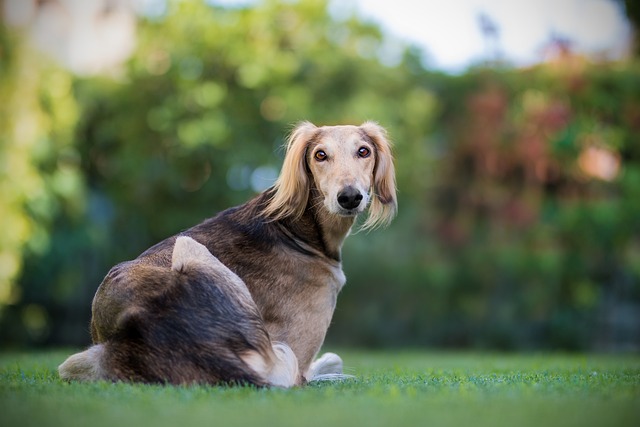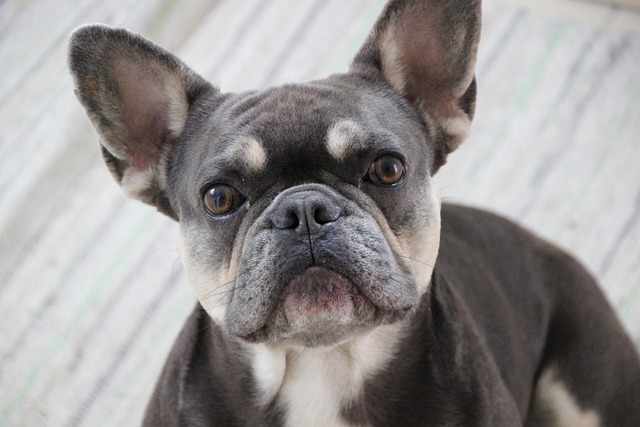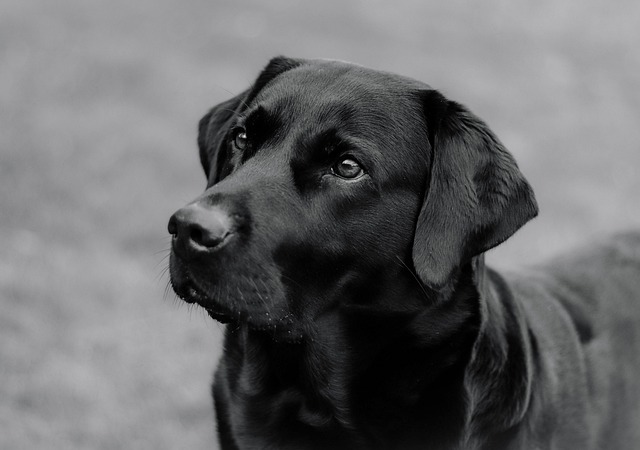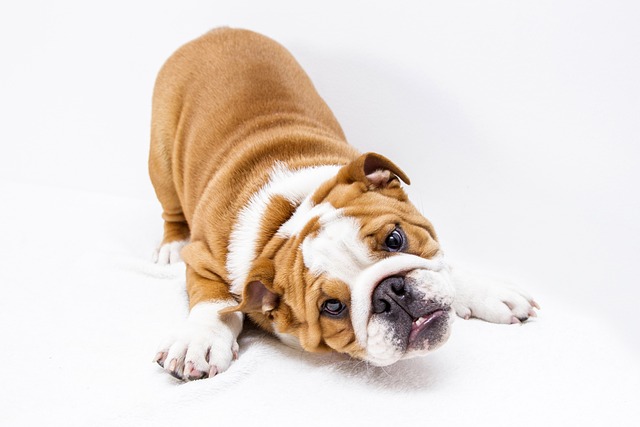
How do I choose the right dog bed?
Your dog spends roughly 12 to 14 hours a day sleeping, so picking a bed that fits their needs isn’t just a luxury—it’s a must for their health.
When your anxious Labrador, Bailey, gets stressed during thunderstorms in your downtown apartment, administering CBD oil effectively becomes crucial for both effectiveness and safety. The optimal administration method depends on your dog's size and temperament—for most dogs, placing the oil directly into the mouth using the dropper allows for fastest absorption through the mucous membranes, but mixing with food may be necessary for hesitant pups. Scientifically, CBD interacts with your dog's endocannabinoid system, which regulates functions from mood to inflammation, and proper administration ensures consistent dosing for conditions like separation anxiety or joint discomfort. Always consult your veterinarian before starting any CBD regimen, as they can recommend specific dosing based on your dog's weight and health status—this is particularly important in states like Colorado where cannabis regulations are strict and professional guidance ensures compliance with local laws.

For practical administration, begin with positive reinforcement techniques that make the process stress-free. Let your dog sniff the bottle first while offering praise and treats to create positive associations, then gently lift their lip to place the oil on the gum line rather than forcing their mouth open. If mixing with food, use a small amount of xylitol-free peanut butter or plain yogurt to ensure they consume the full dose without creating digestive upset from large food quantities. For apartment dwellers, establish a consistent routine by administering CBD during calm periods rather than amid distractions like neighbor noise or elevator use, as consistency enhances the supplement's effectiveness for anxiety management. Store the oil in a cool, dark cabinet away from pets' reach, as both heat and light can degrade the product's potency over time.
Responsible supplementation integrates with broader ownership duties. Maintain current rabies vaccinations—required nationwide—as some states may view supplement usage without proper veterinary oversight negatively if health issues arise. During walks where CBD might improve your dog's reactivity to triggers, always carry waste bags; cities like Seattle enforce cleanup ordinances with significant fines, and responsible ownership demonstrates community respect. When purchasing CBD products, look for third-party testing certificates that verify THC content (should be less than 0.3%) and check for contaminants—this due diligence reflects American cultural expectations for evidence-based pet care. Finally, monitor your dog's response closely and maintain open communication with your veterinarian, adjusting the approach as needed to ensure both well-being and compliance with community standards.

Your dog spends roughly 12 to 14 hours a day sleeping, so picking a bed that fits their needs isn’t just a luxury—it’s a must for their health.

When your anxious Labrador, Bailey, gets stressed during thunderstorms in your downtown apartment, administering CBD oil effectively becomes crucial for both effectiveness and safety.

I sprinted to my friend’s yard last Saturday when she yelled—her 4-year-old Pug, Daisy, was lying on the concrete, tongue hanging out, and her gums looked bright purple.

Choosing the right spot for your dog to rest goes beyond just picking a soft surface—it’s about creating a safe, cozy space that fits both your pet’s needs and your daily life.

I sat with my friend Clara in her apartment last weekend, as she sneezed for the third time while her 1-year-old cat, Mochi, curled up on her lap.

Many new dog owners stare at their lethargic pup with gastro and wonder: Is a walk a good idea, or will it make things worse? On one hand, you don't want to leave them cooped up; on the other, seeing them lag or stop to vomit mid-walk feels heartbreaking.